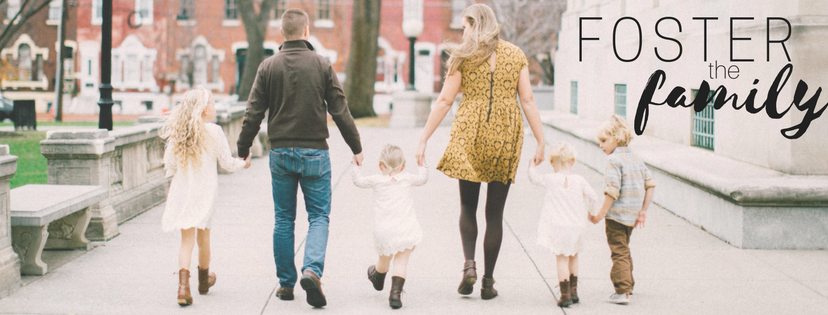Trauma Changes the Brain and Body
“This might lead to an investigation,” the worker warned. Something had happened with one of our kids, before, in a previous home. I knew we weren’t part of the problem. “Eh, been there before. No worries.”
Today a van pulled in front of our house and someone walked to our door. “There’s a worker here, and I don’t recognize them,” my husband announced. My “no worries” attitude evaporated into utter, all consuming worry. My ears started to ring, my heart pumped hard, I felt close to loosing my footing. “Oh never mind, it’s just Amazon.”
It was just Amazon. But my body didn’t come down like it was just Amazon. My chest hurt for five minutes. My heart kept racing. I felt nauseous. My legs felt weak. Because that’s what trauma does. As your brain catches up to the “this is ok,” your body is left in the dust, not feeling or know that anything is ok, or will be again.
I don’t have PTSD, but I have experienced trauma as a foster parent, and I continue to experience the stress of it, “post” the trauma. Like, for example, when a worker shows up unexpectedly and “investigation” flashes in my mind and takes over my body.
Of course, every single foster parent is at risk of suffering from secondary trauma. The reality of caring for traumatized children is that trauma doesn’t stay wrapped up in the body of the one person who experienced it. It touches everyone who lives with and loves this person.
But most of us, also, from primary trauma. With what we’ve experienced—the system, the loss, the behaviors, the instability. We have been traumatized.
So, foster parent, this is your reminder to apply everything you’ve learned about trauma to yourself, to take every tool you’ve learned for your kiddos and wield it on yourself. Go to therapy, build and use your toolbox, practice intentional self care, sleep and eat and breathe and rest, bathe yourself in prayer and stay close to your God.
You’ve heard me say it countless times about our kids: Trauma changes the brain and body. Today I’m reminding you of this same thing for yourself. Acknowledge the trauma you’ve experienced. Recognize the way it affects you. And be vigilant in protecting and promoting your health and healing.



